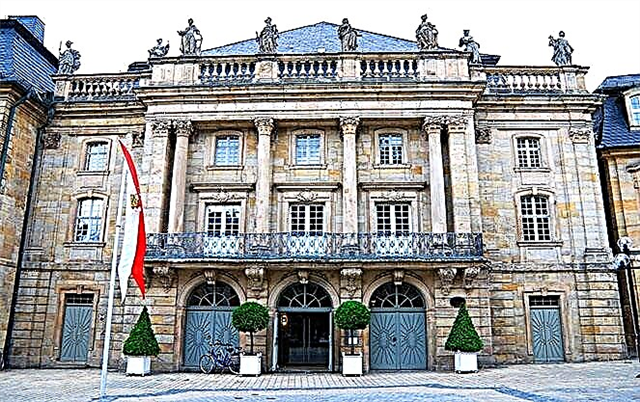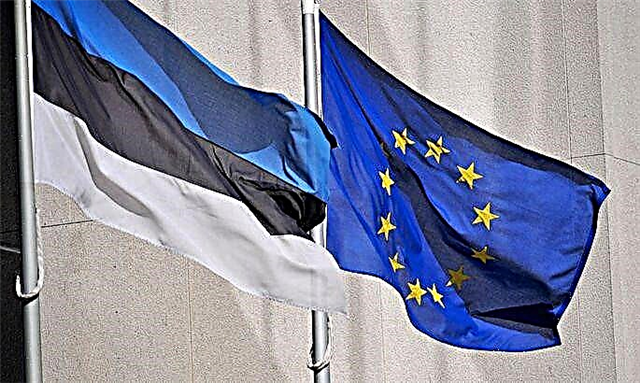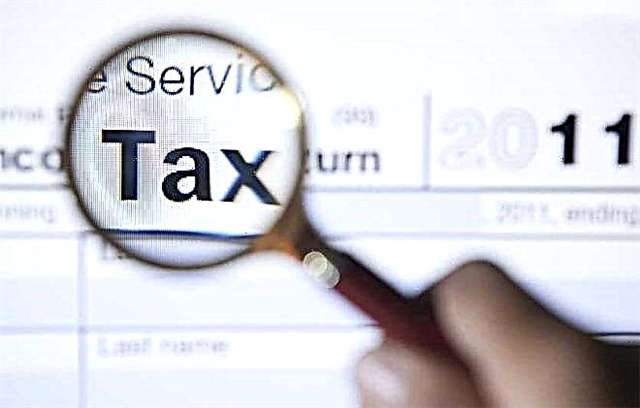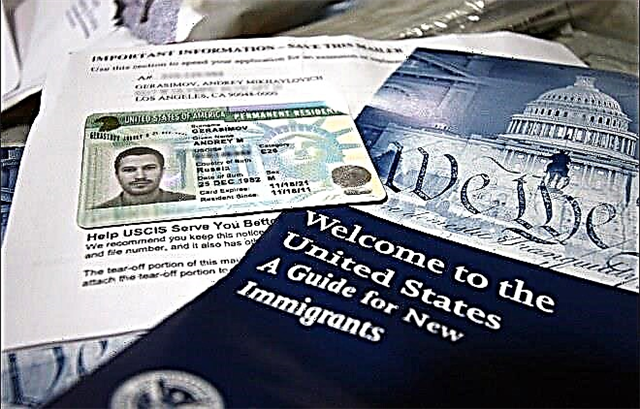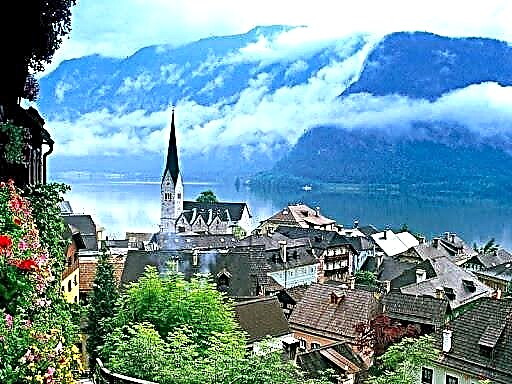Austria is a multilingual state with a rich historical and cultural heritage. In the past, this country, together with the territories of present-day Hungary, Czech Republic, Slovakia, Croatia, Slovenia, Bosnia and Herzegovina, part of Italy, Romania, Poland, was part of the Austro-Hungarian Empire. Living in its features of a large number of nationalities has become the reason for the formation of a multifaceted linguistic environment. Therefore, many travelers have a question about what language is the official in Austria and how most Austrians speak in everyday life.

Official language
According to the constitution, the literary German language - Hochdeutsch or Standarddeutsch - is endowed with the state status in the country. It does not differ in any way from the official German language in Germany.
About the origin of the German language, the countries using it, the national peculiarities of the language outside of Germany, read the article “What language is most often spoken in Germany”.
Hochdeutsch is used in Austrian state and local government bodies, in business communication, in the media, and studied in educational institutions. In literary German, Austrians communicate with foreigners.
Answering the question of why they speak German in Austria, it should be mentioned that in different historical epochs the territory of the country was part of various state formations, the population of which used this language in communication.
First of all, we are talking about the Holy Roman Empire, the Austro-Hungarian Empire, the Third Reich. The presence of common borders with Germany, Liechtenstein and Switzerland, in which German is also the state language, ultimately nullified the chances of the Austrians to form their unique speech.
Take a sociological survey!
What dialects exist in Austria
In everyday life, Austrians practically do not use Hochdeutsch. Most of the locals use the so-called Austrian German - Österreichisches Deutsch. This is the national colloquial version of the literary German language, which was consolidated in the Austrian dictionary, published by the decision of the Ministry of Education in 1951.
Key differences between Österreichisches Deutsch and Hochdeutsch:
- The presence of about 7 thousand Austricisms (specific Austrian words): Jänner instead of Januar, Feber instead of Februar, Erdapfel instead of Kartoffel, Paradeiser instead of Tomate.
- Softer and more melodic pronunciation.
- Frequent use of references, which makes speech less formalized.
- Lack of aspiration (aspiration) of the initial k-, t-, p-.
- Gender mismatch of some nouns: der Butter instead of die Butter, das Cola instead of die Cola, der Radio instead of das Radio, etc.
- The presence of borrowings from French, Italian.
- Widespread use of idiomatic phrases (sayings and well-established expressions).
 In addition, local dialects are used by residents of various regions of Austria. Among the most common are Austro-Bavarian (the lands of Lower and Upper Austria, Burgenland, the city of Salzburg), Alemannic (the land of Vorarlberg) and the Viennese dialect (the capital of the country is Vienna).
In addition, local dialects are used by residents of various regions of Austria. Among the most common are Austro-Bavarian (the lands of Lower and Upper Austria, Burgenland, the city of Salzburg), Alemannic (the land of Vorarlberg) and the Viennese dialect (the capital of the country is Vienna).
Languages of national minorities living in Austria
In the border regions of the country - the lands of Burgenland, Carinthia, Styria - the languages of national minorities became widespread:
- Hungarian - about 40 thousand speakers;
- Croatian - over 19 thousand;
- Czech - up to 18 thousand people;
- Slovenian - about 24 thousand;
- Slovak - more than 10 thousand.
In the southeastern regions, the Romani and Turkish languages are spoken. This fact should also be taken into account when figuring out what language is spoken in Austria.
It is noteworthy that in the republic, at the legislative level, the preservation of the culture and speech of national minorities is guaranteed. Classes in schools are conducted for them in the appropriate languages, periodicals are published, signs are duplicated.
But, despite this, over the past 20-30 years, there has been a sharp decline in the number of speakers of ethnic minority languages in the state. Many of their representatives, contrary to their origin, consider themselves to be Austrians and speak Austrian German in everyday life.
Russian language
The share of the Russian-speaking population in Austria is less than 3%. But every year the popularity of Russian speech in the country is growing.
Many Russian citizens prefer Austrian resorts. They are attracted by mountain slopes, thermal healing springs, Viennese canals, ancient palaces and castles and many other attractions. At the resorts, you can hear Russian speech everywhere.
The Russian language is studied as one of the main or optional subjects in some Austrian schools, designed for representatives of this national minority. Every year more and more citizens of the Russian Federation leave for this country for temporary or permanent residence.
Many students from Russia study in higher educational institutions in Austria, which also contributes to the popularization of Russian speech.
What language is better for tourists to communicate
 Considering how many languages in Austria are used in everyday communication, it is difficult to give an unambiguous answer to the question of which of them is better to communicate with local residents. It all depends on the territory that the tourist plans to visit.
Considering how many languages in Austria are used in everyday communication, it is difficult to give an unambiguous answer to the question of which of them is better to communicate with local residents. It all depends on the territory that the tourist plans to visit.
The list of necessary documents for obtaining a visa, important recommendations and tips can be found in the article "How to travel with a tourist visa".
Of course, all Austrians speak German, but not every foreign visitor will be able to understand Austrian German.
The best option is communication in English. It is studied as a compulsory subject in almost all schools and universities in Austria. Workers of shops, restaurants, cafes, hotels in resort areas speak fluent English.
Conclusions
The answer to the question of what is the official language in Austria will be unambiguous: literary German. Despite this, in everyday communication, the population mainly uses the Austrian version of German, as well as local dialects that prevail in certain regions of the country.
It will be easiest for foreigners, including Russians, to communicate with Austrians in English. This language will be understood by every resident of this country, but not every foreign guest will be able to deal with Austrian German.

